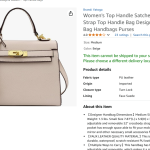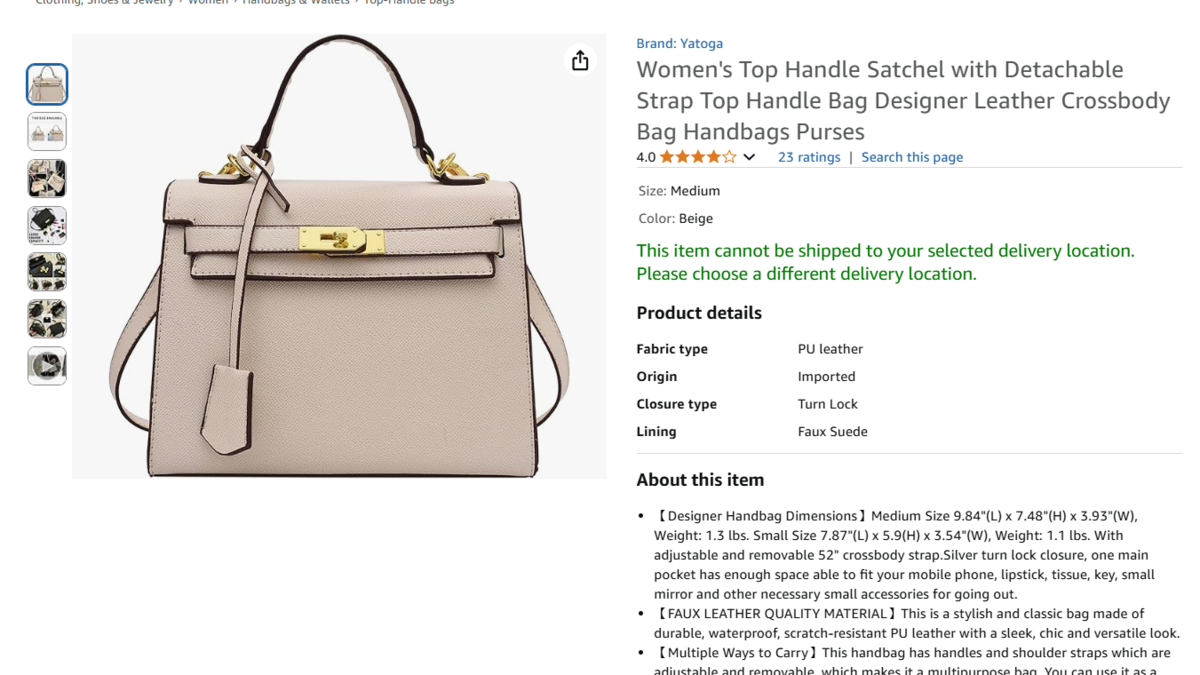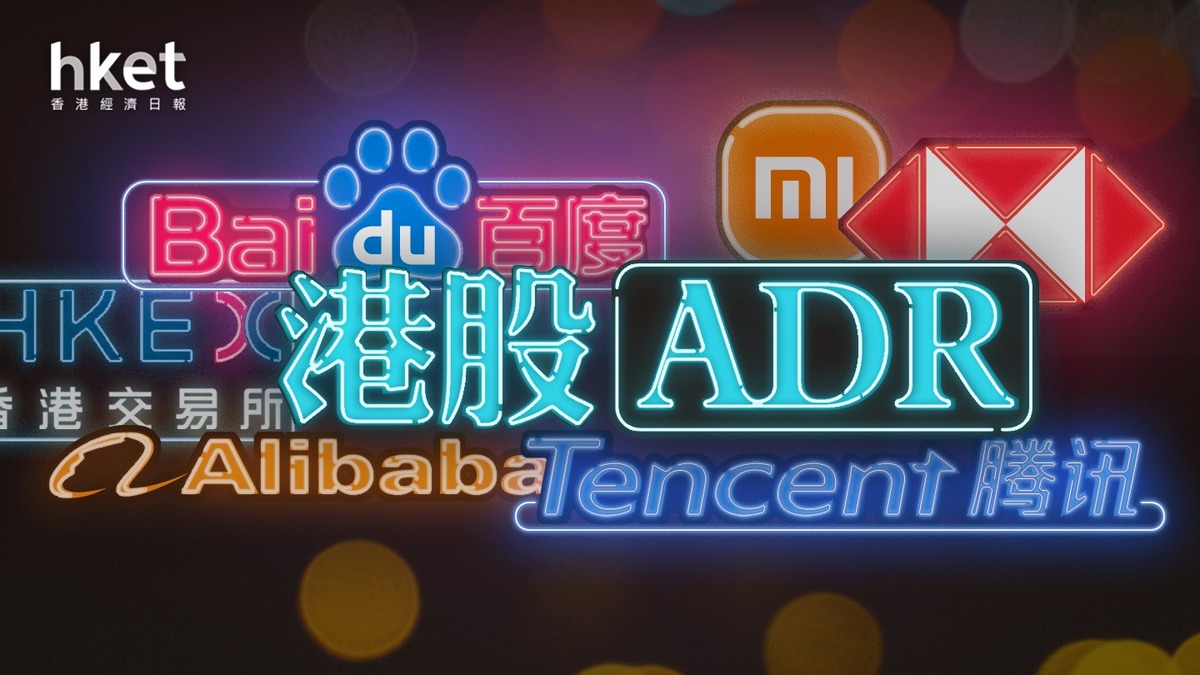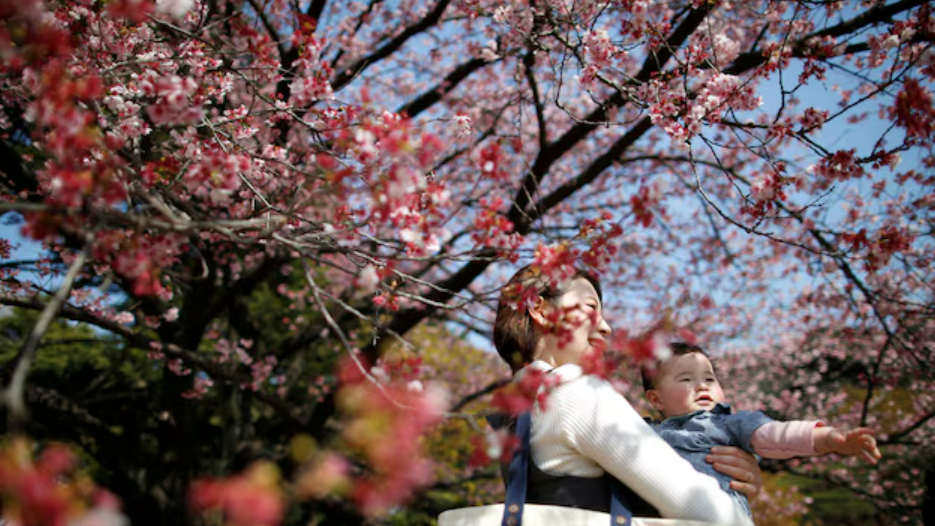## Analysis of Affordable Handbags Resembling Hermès Kelly on Amazon
Introduction
The rise of affordable handbags on platforms like Amazon, which closely resemble luxury brands such as Hermès, has sparked controversy. This trend involves creating budget-friendly versions of iconic designs, like the Hermès Kelly bag, which typically carries a hefty price tag. This analysis will delve into the implications of such products, focusing on consumer reactions, legal considerations, and market dynamics.
Consumer Reactions
Consumers have mixed feelings about these affordable alternatives. Some appreciate the opportunity to own a stylish bag at a fraction of the cost, while others criticize these products for potentially infringing on luxury brands’ intellectual property and diluting the exclusivity associated with high-end fashion.
#
Support for Affordable Alternatives
– Accessibility: These bags make fashion more accessible to a broader audience, allowing consumers to enjoy stylish designs without the financial burden of luxury prices.
– Quality vs. Price: Some consumers argue that if the quality is satisfactory, the price point makes these alternatives a viable option for those who cannot afford or do not wish to invest in luxury brands.
#
Criticism of Imitations
– Authenticity and Exclusivity: Critics argue that these imitations undermine the value and exclusivity of genuine luxury products. The Hermès Kelly bag, for instance, is renowned for its craftsmanship and rarity, which are compromised by mass-produced lookalikes.
– Intellectual Property Concerns: There are concerns about potential copyright infringement, as these affordable bags may closely resemble protected designs without permission from the original creators.
Legal Considerations
The production and sale of bags that closely resemble luxury designs can lead to legal issues related to intellectual property rights. Luxury brands like Hermès invest heavily in protecting their designs and trademarks. While some affordable alternatives may not directly infringe on these rights, they can still face legal challenges if they are deemed too similar.
#
Trademark and Design Protection
– Trademark Law: Luxury brands often trademark specific elements of their designs, such as logos or distinctive patterns. If an affordable bag uses similar elements, it could be considered trademark infringement.
– Design Patents: Luxury brands may also hold design patents for specific features of their products. If an affordable alternative replicates these features without permission, it could infringe on these patents.
Market Dynamics
The market for affordable handbags resembling luxury designs is driven by consumer demand for fashionable products at lower price points. This demand has led to a proliferation of such products on platforms like Amazon.
#
Market Demand
– Consumer Preferences: Consumers increasingly prioritize affordability and accessibility in fashion. This shift has created a large market for budget-friendly alternatives to luxury goods.
– E-commerce Platforms: Online platforms like Amazon provide a convenient marketplace for these products, allowing them to reach a wide audience quickly.
#
Impact on Luxury Brands
– Brand Dilution: The proliferation of affordable imitations can dilute the brand image of luxury companies by making their designs seem less exclusive.
– Market Competition: Luxury brands may face increased competition from affordable alternatives, potentially affecting their sales and market share.
Conclusion
The trend of affordable handbags resembling luxury designs like the Hermès Kelly on Amazon reflects broader shifts in consumer preferences and market dynamics. While these products offer accessibility and affordability, they also raise concerns about intellectual property rights and brand exclusivity. As the fashion industry continues to evolve, balancing accessibility with respect for luxury brands’ intellectual property will be crucial.
—
Professional Report
Title: The Rise of Affordable Luxury-Inspired Handbags: A Market Analysis
Executive Summary:
This report examines the growing market for affordable handbags that closely resemble luxury designs, focusing on consumer reactions, legal considerations, and market dynamics. The trend highlights the tension between accessibility and exclusivity in the fashion industry.
Key Findings:
1. Consumer Demand: There is a strong demand for affordable, stylish handbags that mimic luxury designs.
2. Legal Concerns: Potential intellectual property infringement is a significant issue for these products.
3. Market Impact: The proliferation of affordable alternatives can affect luxury brands’ market share and brand image.
Recommendations:
– Luxury Brands: Engage in proactive intellectual property protection and consider strategic collaborations with affordable brands to maintain brand integrity.
– Affordable Brands: Ensure compliance with intellectual property laws and focus on creating unique designs that do not infringe on luxury brands’ rights.
– Consumers: Be aware of the potential legal and ethical implications of purchasing affordable alternatives to luxury goods.
—
HTML Format
“`html
Analysis of Affordable Handbags Resembling Hermès Kelly
Introduction
The rise of affordable handbags on platforms like Amazon, which closely resemble luxury brands such as Hermès, has sparked controversy.
Consumer Reactions
Support for Affordable Alternatives
- Accessibility: These bags make fashion more accessible to a broader audience.
- Quality vs. Price: Consumers appreciate the value for money if the quality is satisfactory.
Criticism of Imitations
- Authenticity and Exclusivity: Critics argue that these imitations undermine luxury brands’ value and exclusivity.
- Intellectual Property Concerns: Potential copyright infringement is a significant concern.
Legal Considerations
The production and sale of bags that closely resemble luxury designs can lead to legal issues related to intellectual property rights.
Market Dynamics
The market for affordable handbags is driven by consumer demand for fashionable products at lower price points.
Conclusion
The trend reflects broader shifts in consumer preferences and market dynamics, highlighting the need to balance accessibility with respect for luxury brands’ intellectual property.
“`
Related sources:
[1] www.tiktok.com
[2] www.tiktok.com
[3] www.tiktok.com
[4] www.tiktok.com
[5] www.tiktok.com











